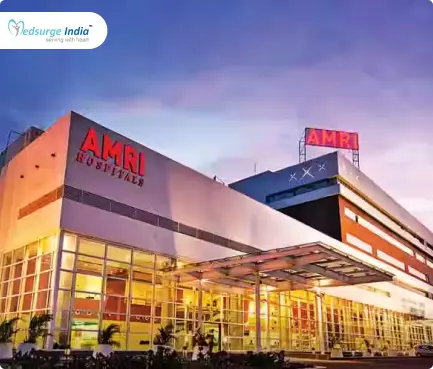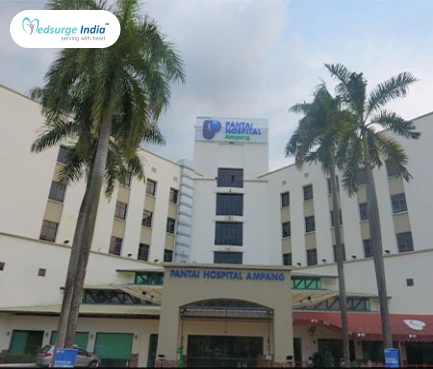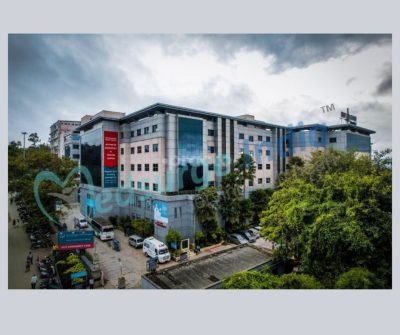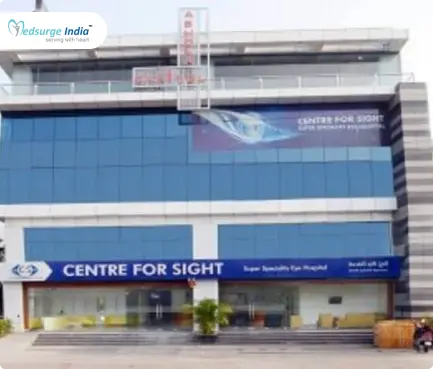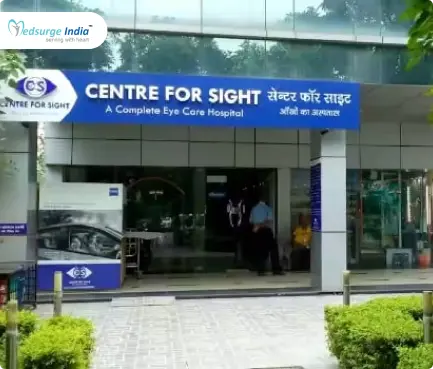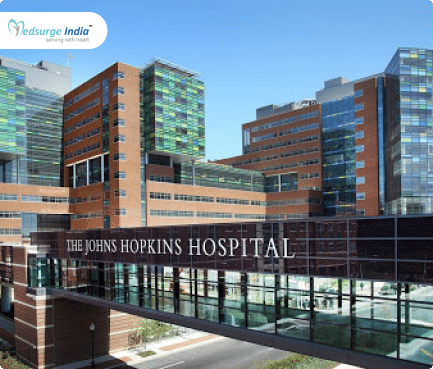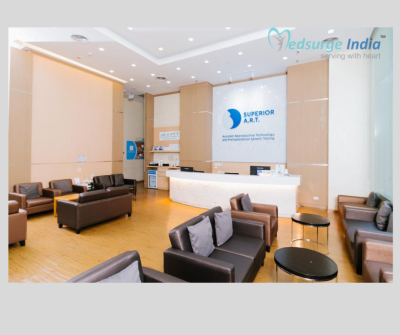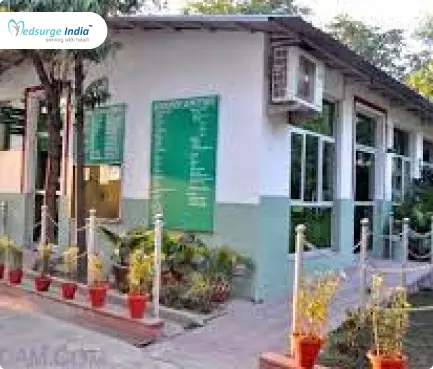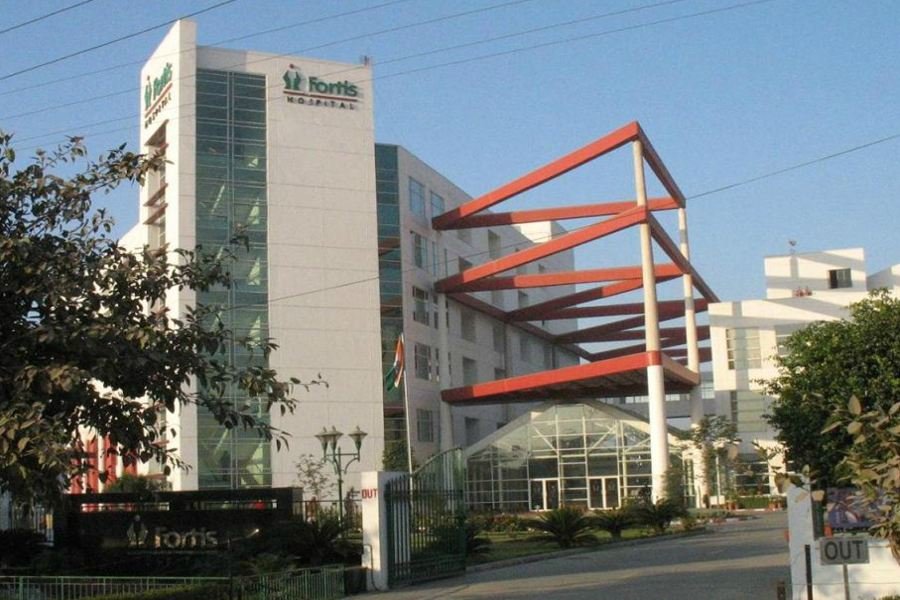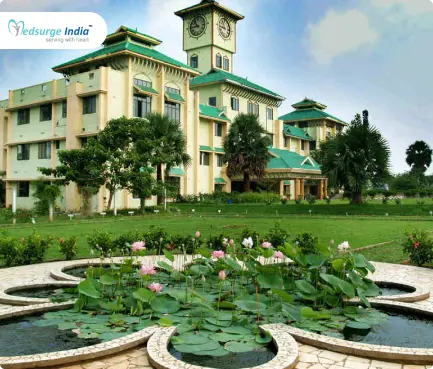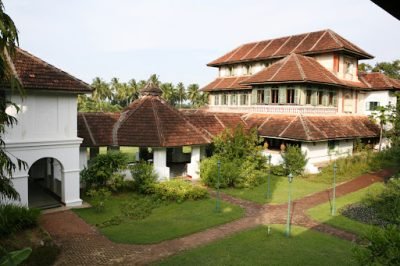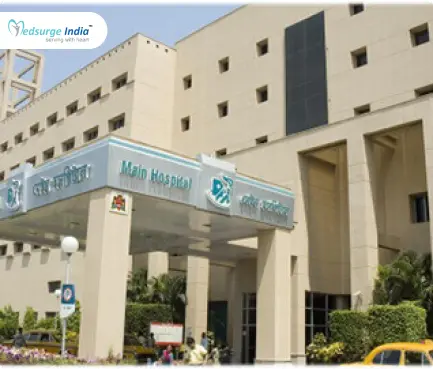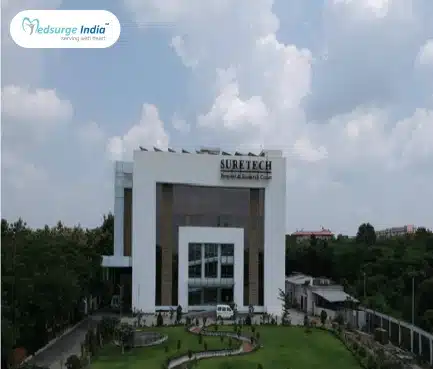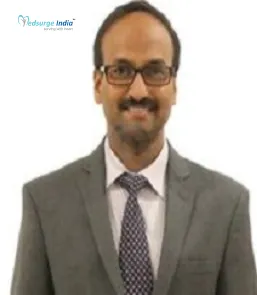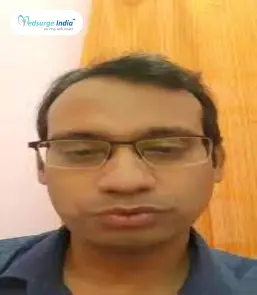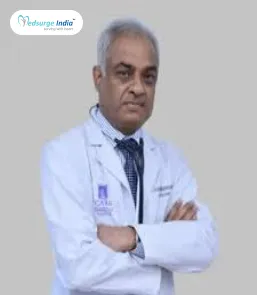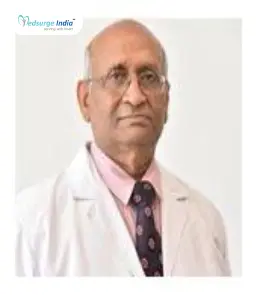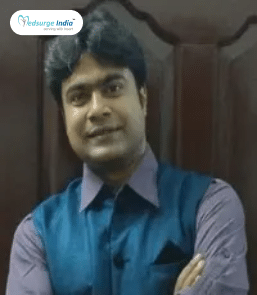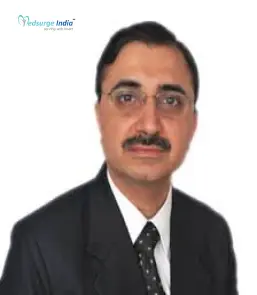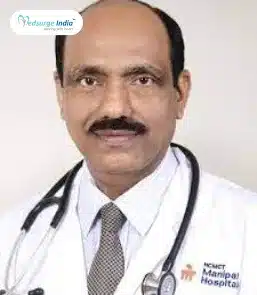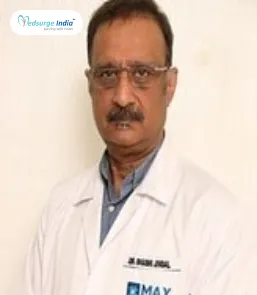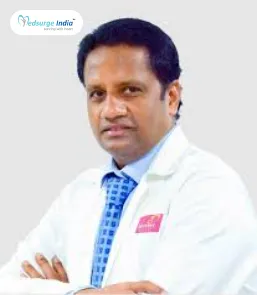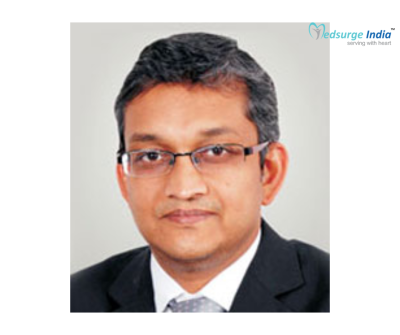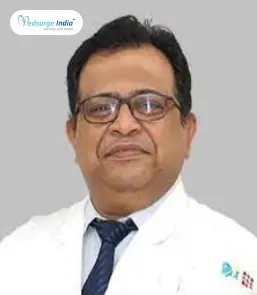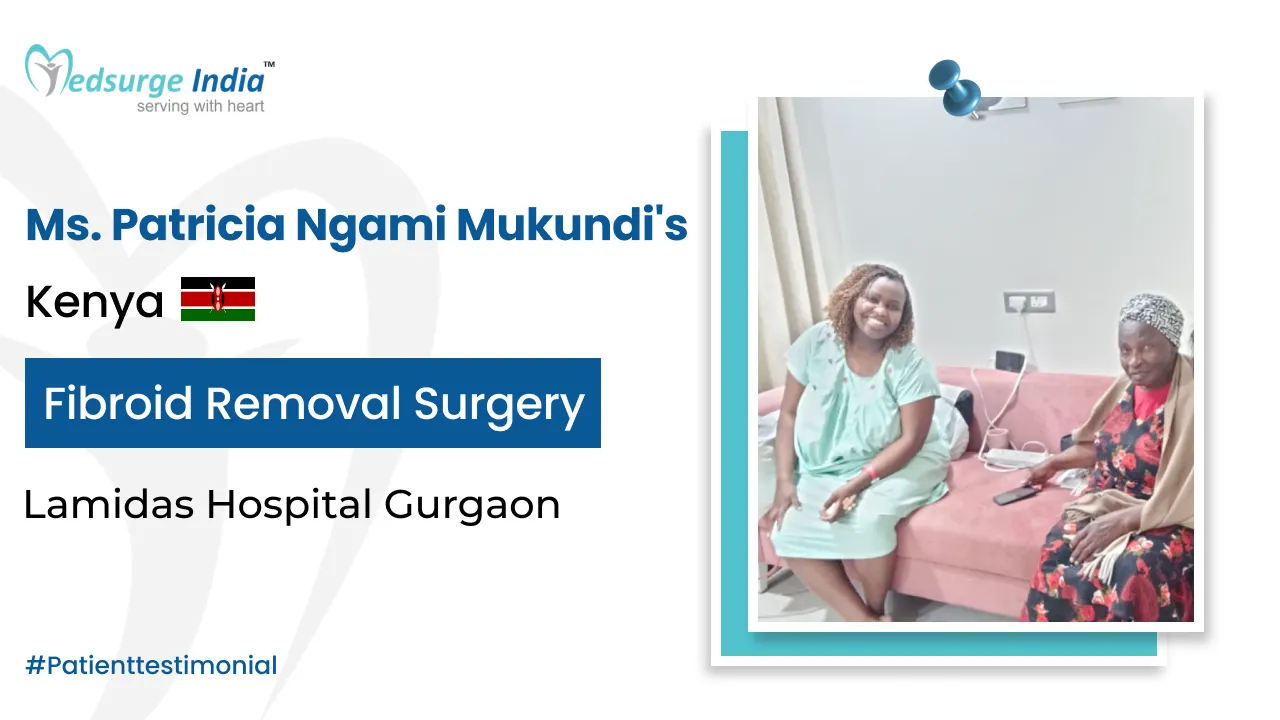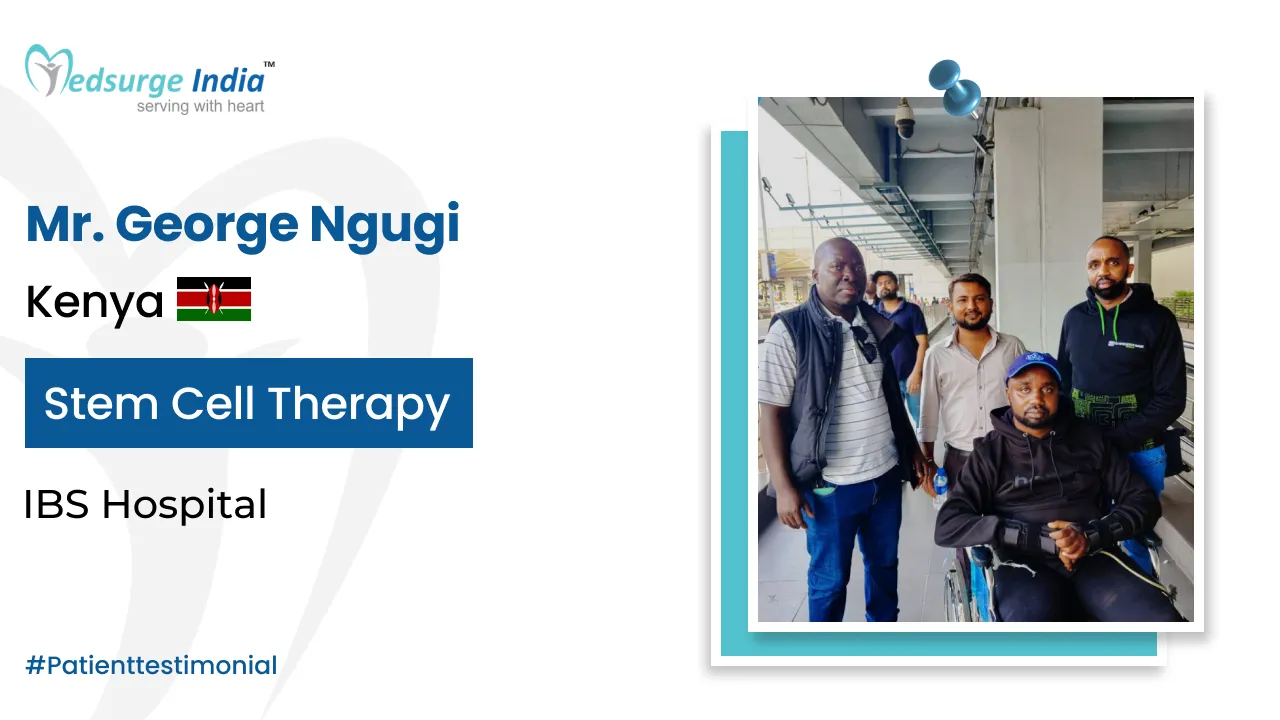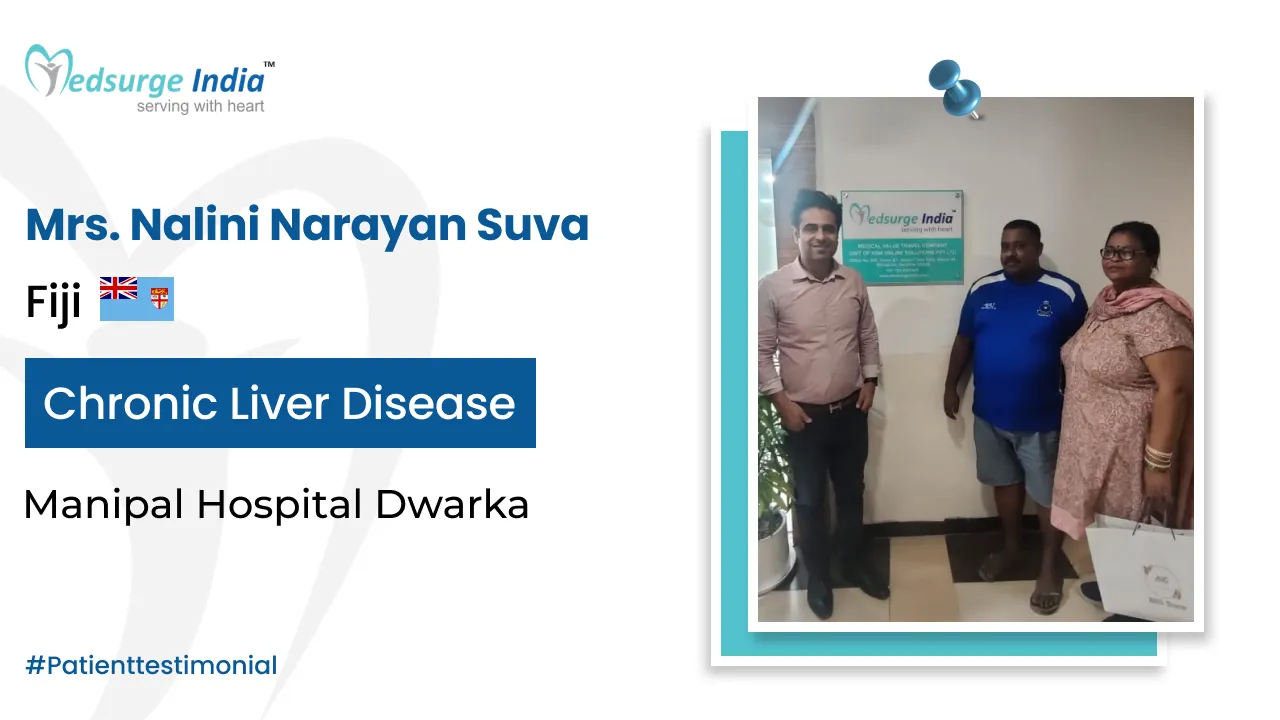
Coronary artery bypass graft surgery (CABG) is a procedure used to treat coronary artery disease. Under the effect of coronary artery disease (CAD), the blood channels known as the coronary arteries that provide oxygen and nutrients to the heart muscle constrict. CAD is brought on by fatty deposits inside the walls of the arteries. The heart muscle receives less oxygen-rich blood because the interiors of the arteries become clogged.
A range of heart bypass surgery in India is available where alternatives such as balloon angioplasty, medications, etc. If your coronary arteries become so thin or obstructed that you are at a high risk of having a heart attack, your doctor may advise heart bypass surgery. In cases where the blockage is too severe to be treated with medicine or other treatments, your doctor may potentially advise bypass surgery.
heart bypass surgery cost in India is lower than in other developed countries. The achievement is partly because of the cutting-edge medical technology used in Indian hospitals and the knowledge of cardiovascular surgeons. Along with these benefits, one of the major factors influencing India’s international recognition is its ability to provide affordable heart surgery without compromising clinical standards.
About Heart Bypass Surgery
The surgeon performs heart bypass surgery or coronary artery bypass grafting (CABG) to facilitate smooth blood flow to the heart. The ubiquity of coronary bypass surgery in India is highly common. A surgeon grafts the blood vessels from the areas of the body to bypass the blocked or damaged arteries in the heart. The aim is to prompt more blood and oxygen to the heart again after a blockage obstructed the path.
Heart Bypass surgery is similar to traffic or signal controllers that unclog the congestion so that route is clear. Although the surgery does not cure the heart disease of its roots, it eases the symptoms and for some people, the surgery can improve heart health and avert the risk of death due to heart failure too. You could be instructed to relax and follow a healthy regimen after surgery so that you feel better. Most people can live a healthy life for decades or more.
Types of Different Heart Bypass:
Depending on how many of your arteries are clogged, your doctor will advise a particular form of bypass surgery.
- Single bypass: Only one artery is blocked.
- Double bypass: Two arteries are blocked.
- Triple bypass: Three arteries are blocked.
- Quadruple bypass: Four arteries are blocked.
The number of blocked arteries affects your likelihood of experiencing a heart attack, heart failure, or other cardiac problem. Having two or more arteries blocked means the surgery may take a longer time than expected or require medical intervention by the doctors. Depending upon the type, Heart Bypass Surgery Cost in India also varies. The only thing constant is the success rate, if only, one of the best hospitals for heart bypass surgery is chosen.
Click Here to know more about CABG.
Why is it done?
Coronary bypass surgery is one of the best options if you have a blockage in the main artery in your heart. And in certain cases when:
- The narrowing of two or three arteries in your body resulted in a shortfall in the blood supply, making you suffer severe chest pain.
- When your left coronary artery is completely or partially damaged.
- Or perhaps, there is more than one diseased coronary artery while your heart’s main pumping chamber is also not healthy to keep up with most functions.
- Despite previous stent surgery, the artery has now again been constricted.
- You have had angioplasty in the past, but the procedure did not go successful.
- You need emergency treatment such as during a heart attack, and other treatments are not showing up the results.
Post coronary bypass surgery, you will need to make certain lifestyle and dietary changes to propagate recovery. You may need to maintain your blood pressure, and cholesterol, and reduce the risk of blood by embracing preventive measures that can help your heart function properly. Bypass surgery can boost your heart function.
Recommended – Know more about Coronary Bypass Surgery.
Signs and Symptoms
The following signs and symptoms can indicate a coronary artery disease that may require a CABG:
- Chest pain
- Shortness of breath or dyspnea
- Abnormal heart rhythms
- Heart palpitations
- Swelling in the hands and feet (edema)
- Poor Indigestion
- Other nonspecific symptoms such as pain in your body, fatigue, and weakness,
vomiting and nausea, etc. - Angina is a condition delineated as heaviness, pain, or tightness in the chest. It is also a sign your arteries are blocked or damaged.
Get Free Cost Estimation
Procedure
Heart Bypass Surgery Procedure
Before the Procedure
For your heart bypass surgery in India, you will be called to the hospital for crucial diagnostic tests to keep an updated on your health status. If it is not an emergency procedure, probably, you will be admitted to the hospital on the morning of the surgery to stabilize blood sugar and blood pressure levels.
During the Procedure
Your surgeon will give you anesthesia before the coronary artery bypass grafting starts. The surgery may go on for 3 to 6 hours. During the procedure, a breathing tube is inserted into the mouth and linked to a ventilator so that you can breathe comfortably. The surgeon will use medication to stop your heart from pumping until the surgery completes. Meanwhile, a machine known as a heart-lung will keep transporting oxygen and blood to your whole body. From some area or part of your body, a blood vessel is removed (called a graft) and attached to one end of the main aorta. The other end will be connected to the artery below the blockage. If you have more than one blockage, your surgeon may perform one or more bypass surgery during the same operation. After you are done with the surgery, your doctor will disconnect you from the machine and close the chest with the wire. The wire is removed only when the chest bone fully heals.
Other surgical procedures your surgeon may perform:
Off-pump or beating-heart surgery: It is a critical procedure done on the beating heart. Special equipment is used to stabilize the portion of the heart that needs grafting. This form of beating heart surgery is life-threatening, and not everyone qualifies to be a candidate for off-pump surgery.
Minimally invasive surgery: With the use of robots and video imaging, minimally invasive surgery is performed by creating tiny incisions of 3 to 5 inches in the chest. Since the heart is not made to stop for a time, it can be carried out with a heart-lung machine.
After the Procedure
You can expect two-day care in the ICU after your heart bypass surgery in India. The breathing tube will be wave-off only when you are healthy enough to walk or breathe on your own. Patients are given cardiac rehabilitation to help them recuperate after surgery. After your heart bypass surgery in India, you will have to continue with monitored programs in outpatient care until you are ready for home-based care.
Risks or Complications involved in the Procedure
As it is open-heart surgery, you might suffer comorbidities linked to the procedure itself. You may perhaps suffer the following knock-on effects:
- Severe internal bleeding
- Heart rhythm irregularities (arrhythmias)
- Infections of the chest wound
- Kidney related disorders
- Memory loss or trouble thinking clearly
- Stroke
- Heart attack, if a blood clot breaks post-surgery
- Possible reactions to anesthesia
Such consequences are primarily dependent on your health before the surgery. If you have had other medical conditions such as emphysema, diabetes, high blood pressure, diabetes, kidney disease, or blocked arteries in your legs, there are more chances of you developing a few of the complications. Always tell your doctor about such interventions before proceeding with the treatment. First things first, coronary artery bypass grafting can add years to your life.
Heart Bypass Surgery Cost In India
Heart Bypass Surgery Cost in India starts from USD 4000- USD 4500. But heart bypass surgery cost in India can also vary depending on the type of hospital. There are a lot of reasons that convince individuals to choose heart bypass transplant in India for their medical care. Aside from the price gap, the standard of health care services is another motive. Also, the entire heart bypass surgery in India can also depend on a number of criteria such as;
- Bypass surgery cost in Apollo starts from 5000 USD.
- Bypass surgery cost in Apollo Chennai starts from 5000 USD.
Factors Affecting the Heart Bypass Surgery Cost in India
The following factors will influence your average treatment cost:
- Heart Bypass Surgery Cost in India can depend on the type of hospital and room choice.
- Outpatient care facility
- Skills and experience of the surgeon
- Fees of the healthcare team include Doctors, Surgeons, Anesthesiologists, physiotherapists, special nurses, dieticians, etc.
- Diagnostic procedure charges
- Cost of medications
- Hospital stay
Why Do Individuals Prefer to Have Heart Bypass Surgery in India
The country has some of the best medical care facilities and services in Asia, making medical tourism in India very popular. The best bypass surgeons in India and the hospitals in India work together to provide all types of disease-related surgeries and treatments using advanced technology. Also, the bypass surgery price in India is much more affordable as compared to other states or nations around the world. An international patient can expect to pay 50-60% less for a total heart bypass surgery in India.
The best heart bypass surgery in India provides comprehensive appropriate treatment, including comprehensive pre-operative evaluations, minimally invasive surgical options, and post-operative rehabilitation programs. Patients can expect personalized treatment, individualized attention, and compassionate care at these medical facilities. The hospitals are accredited by top international organizations such as the National Accreditation Board for Hospitals and Healthcare Providers (NABH) or the Joint Commission International (JCI).
What to Look for When Choosing a Heart Bypass Treatment Hospital in India
Indian hospitals that perform surgery for heart bypass are well-known for their hospitality and patient care services providing the finest transplant hospital and surgeons in India. However, choosing a suitable hospital for treating heart bypass surgery in India can be difficult for an international patient. It is a significant decision that must be made with several factors in mind, including:
- Quality certificates and accreditations
- Hospital and transportation facility location
- Team of doctors and surgeons
- Advanced diagnostic and therapeutic equipment
- International patient assistance
How Can Medsurge India Help
Medsurge India is a prestigious support system for patients looking for doctors, hospitals, and specialized treatments. We’ll find the most suitable medical options for you. Regarding your medical issues, our team will give you a list of certified, reputable, and trusted doctors and hospitals. Additionally, we offer a treatment strategy that fits your budget. Apart, we assist patients with obtaining travel authorizations, medical visas, and a multitude of other things.
Helpful –
Top Cardiologists in India
- Dr. T. S. Kler
- Dr. Vivek Jawali
- Dr. Robert Coelho
- Dr. Ajay Kaul
- Dr. Sandeep Attawar
- Dr. Murali Manohar
- Dr. Murugu Sundara Pandiyan
- Dr. Gobu
- Dr. Y K Mishra
- Dr. K.K.Talwar
Top Cardiology Hospitals In India
The Most Important Frequently Asked Questions
Q1: What Are the Preventive Measures That Can Be Taken to Amplify the Results of Coronary Artery Bypass Grafting?
Ans: Your results and outcomes depend on how well you can take care of yourself with the help of diet and lifestyle. It is on your part to prevent blood clots, manage blood sugar and blood pressure, and lower cholesterol levels. Adopt these measures for a successful recovery:
- Stop alcohol
- Quit smoking
- Follow the DASH diet. Consult a dietician for this.
- Achieve and maintain a healthy weight.
- Exercise regularly.
- Manage stress.
- Practice yoga and meditation
Q2: Who Is a Candidate for Coronary Artery Bypass Surgery?
Ans: Determining factors include the presence and intensity of coronary artery disease symptoms, the location of plaque buildup, as well as the severity of the blockages.
Q3: Does Heart Bypass Surgery Cost in India Dependent on the Type of Surgery?
Ans: Yes, your average cost of the treatment also narrows down to the choice of surgery, whether it’s a traditional bypass or minimally invasive. Minimally invasive costs more because of the critical technology being used in the procedure.
Q4: Can I Use Stairs After Cabg?
Ans: Yes, in case you went for a minimally invasive cardiac procedure, you can resume most of the activities within two to four weeks post-surgery.
Q5: How Long Do I Need to Stay in the Hospital After a Coronary Heart Bypass Surgery?
Ans: For the first two days, you are kept in ICU, and post that, you are shifted to another room where you are still under medical supervision for another 5 to 6 days before you are ready for home care.
Q6: When Is It Safe to Take a Long Flight After Treatment?
Ans: Your healthcare team may not allow going for a long trip at any rate until 4 to 5 weeks have passed. Be aware of the safety rules or medical facilities of the airlines in case of emergency services.
Top Hospitals for Heart Bypass Surgery (CABG) in India
Top Doctors for Cardiology And Cardiac Surgery
Dr. Swati Garekar
Senior Consultant
Experience: 31 years of experience
Fortis Hospital, Mulund, Mumbai
Mumbai, India
Dr. Tanmoy Majee
Consultant
Experience: 17 years of experience
Ruby General Hospital, Kolkata
Kolkata, India
Dr. Varun Bhargava
Consultant
Experience: 18 years of experience
Ganga Care Hospital Limited, Nagpur
Nagpur, India
Dr. Pathakota Sudhakar Reddy
Consultant
Experience: 10 years of experience
Care Hospitals, Banjara Hills, Hyderabad
Hyderabad, India
Dr. Majid Ahmed Talikoti
Consultant
Experience: 10 years of experience
Delhi heart and lung institute
New Delhi, India
Dr. Balram Airan
Director
Experience: 40 years of experience
Fortis Memorial Research Institute, Gurgaon
Gurgaon, India
Dr. Bishnu Kumar Deka
Experience: 20+ years of experience
Narayana Superspeciality Hospital, Amingaon, Guwahati
Guwahati, India
Dr. Manujesh Bandyopadhyay
Senior Consultant
Experience: 15+ years of experience
Narayana Multispeciality Hospital, Andul Road, Howrah
Howrah, India
Dr. Surendra Nath Khanna
Director
Experience: 25 years of experience
Fortis Escorts Hospital New Delhi
New Delhi, India
Dr. Bipin Dubey
Director
Experience: 20 years of experience
Manipal Hospitals Dwarka, Delhi
New Delhi, India
Dr. Shashi Jindal
Director
Experience: 36 years of experience
Max Superspecialty Hospital, Mohali
Mohali, India
Dr. Anand H Subrahmanyam
Cardiac Surgeon Consultant
Experience: 20 years of experience
Manipal Hospital Varthur Road formerly Columbia Asia Bangalore
Bangalore, India
Dr. Ramji Mehrotra
Director
Experience: 26 years of experience
BLK Super Speciality Hospital, New Delhi
New Delhi, India
Dr. Rajneesh Kapoor
Senior Consultant
Experience: 18 years of experience
Medanta – The Medicity, Gurgaon
Gurgaon, India
Dr. Vijayant Devenraj
Consultant
Experience: 16 years of experience
Apollo Medics Super Speciality Hospital, Lucknow
Lucknow, India


